Earth
Sign up for our newsletter
We summarize the week's scientific breakthroughs every Thursday.
-
 Agriculture
AgricultureThe U.S. is still using many pesticides that are banned in other countries
In 2016, the United States used millions of kilograms of pesticides that are banned or being phased out in the European Union, Brazil and China.
-
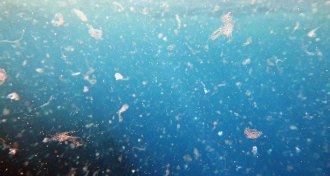 Oceans
OceansTiny plastic debris is accumulating far beneath the ocean surface
Floating trash patches scratch only the surface of the ocean microplastic pollution problem.
-
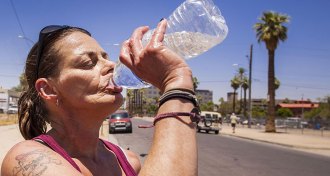 Health & Medicine
Health & MedicineLimiting global warming to 1.5 degrees C could prevent thousands of deaths in the U.S.
A study projecting heat-related mortality in 15 U.S. cities illustrates urban risk from global warming.
-
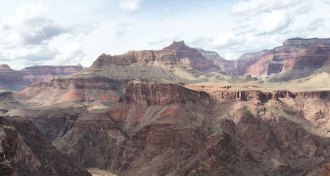 Earth
EarthSoil eroded by glaciers may have kick-started plate tectonics
How plate tectonics got going is a mystery. Now scientists say they’ve found a key part of the story: massive piles of sediment dumped in the ocean.
-
 Environment
EnvironmentChemicals in biodegradable food containers can leach into compost
PFAS compounds from compostable food containers could end being absorbed by plants and later eaten by people, though the health effects are unclear.
-
 Science & Society
Science & SocietyThe Smithsonian’s ‘Deep Time’ exhibit gives dinosaurs new life
The Smithsonian’s renovated fossil hall puts ancient dinosaurs and other creatures in context.
-
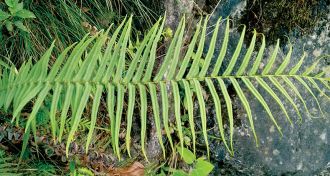 Environment
EnvironmentHow one fern hoards toxic arsenic in its fronds and doesn’t die
To survive high levels of arsenic, a fern sequesters the heavy metal in its shoots with the help of three proteins.
-
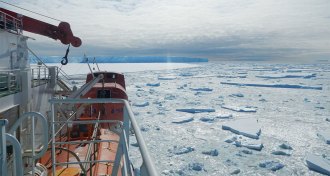 Climate
ClimateThe Southern Ocean may be less of a carbon sink than we thought
The Southern Ocean’s ability to suck up much of the carbon that humans pump into the atmosphere is in question.
-
 Climate
ClimateThousands of birds perished in the Bering Sea. Arctic warming may be to blame
A mass die-off of puffins and other seabirds in the Bering Sea is probably linked to climate change, scientists say.
-
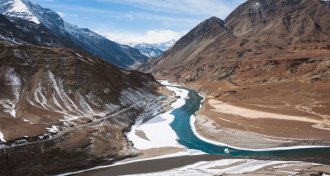 Climate
ClimateHimalayan glacier melting threatens water security for millions of people
Asia’s glaciers are melting faster than they are accumulating new stores of snow and ice.
-
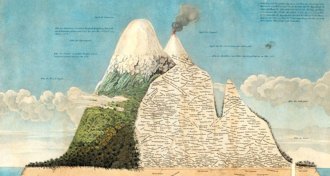 Earth
EarthThis iconic Humboldt map may need crucial updates
A seminal, 212-year-old diagram of Andean plants by German explorer Alexander von Humboldt is still groundbreaking — but outdated, researchers say.
-
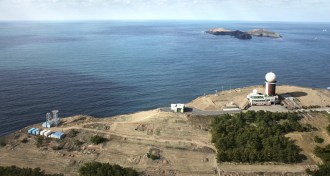 Environment
EnvironmentEmissions of a banned ozone-destroying chemical have been traced to China
Since 2013, eastern China has increased its annual emissions of a banned chlorofluorocarbon by about 7,000 metric tons, a study finds.